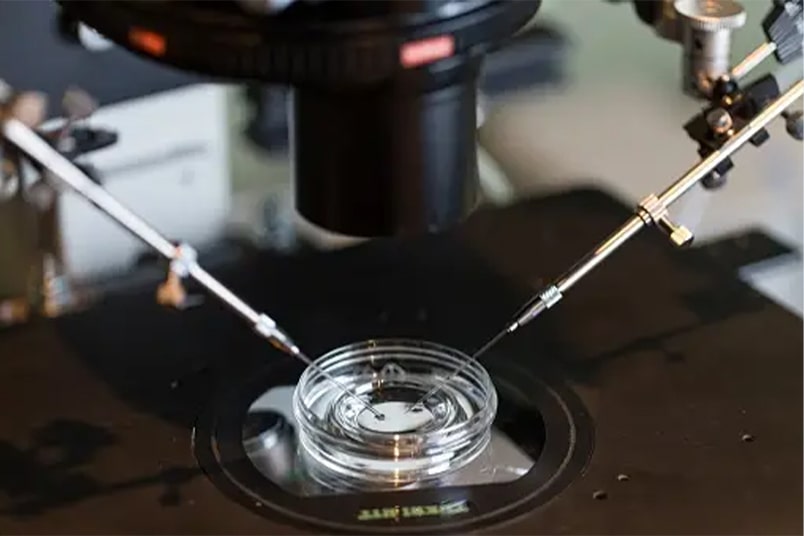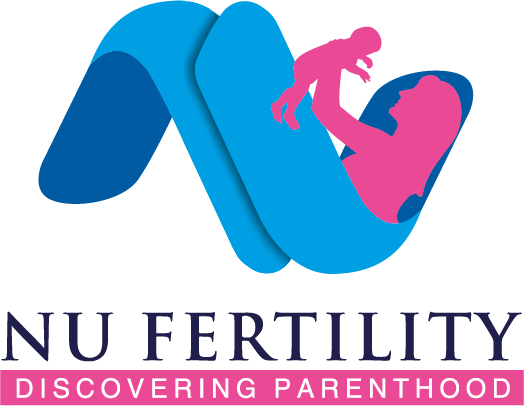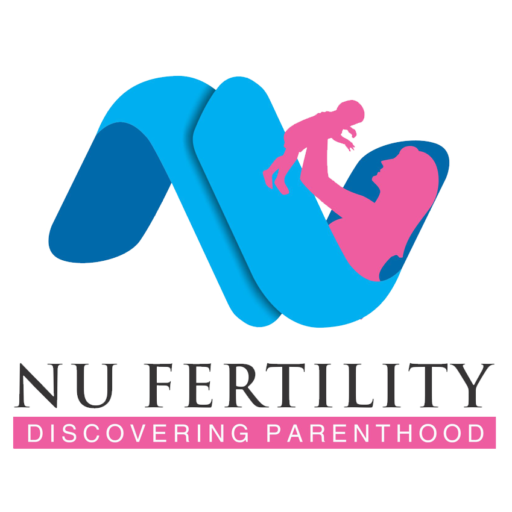Assisted reproductive technology (ART) includes fertility treatments that involves handling either eggs or embryos. Two distinct procedures of ART that are now being widely opted by couples facing problems in conception are in vitro maturation (IVM) and in vitro fertilization (IVF). IVM is relatively newer than IVF and there have been very fewer births with IVM when compared to the latter. Since both these procedures work towards the same outcome, the question arises as to choosing the better option out of the two. In this blog, we look into all the aspects of IVM and IVF that can help you consider one as a viable treatment option.
IVM vs. IVF: How it works

In vitro maturation (IVM)
This is an ART technique that involves collecting eggs from a woman before they attain maturation with the help of hormonal injections. After collection, these eggs are then matured in culture with the help of hormones. Once the eggs are matured, they are manually fertilized using a process called intracytoplasmic sperm injection (ICSI). Finally, they are transferred into the woman’s womb where they begin to develop if pregnancy occurs.
In vitro fertilization (IVF)
This is another ART technique whereby an egg is fertilized by the sperm in a test tube, outside the body, under laboratory conditions. Once the procedure is done, one or more of the fertilized eggs (embryos) is placed inside the uterus for the development of the baby. IVF can be done using the couple’s own eggs and sperms or ones taken from a known or unknown donor. On an average, the entire procedure of IVF lasts for about four to six weeks.
Factors impacting IVM or IVF
There are several factors to consider before choosing to undergo IVM or IVF. Some of these are as follows:
- Age: Patients who are below 35 years have a greater success rate with ART treatments. For those over 40, IVF is the better treatment of choice.
- History of previous pregnancy: The number of failed IVM or IVF cycles previously also impacts the present pregnancy outcomes.
- Lifestyle factors: Smoking and alcohol consumption can hamper the results of IVM and IVF. If either of the partners has any one of these habits, it is better to quit before undergoing these procedures.
- Underlying health conditions: if you or your partner suffers from lifestyle disorders such as diabetes, obesity, and high blood pressure, it is vital to bring that under control first.
Advantages and disadvantages of IVM and IVF
Advantages of IVM
- This process mitigates the risk of ovarian hyperstimulation syndrome (OHSS) in high-risk females.
- It requires the use of less medication for stimulation.
- The stimulation with the use of IVM is of a shorter duration, requires fewer injections, and less monitoring.
- It is comparatively cheaper, reducing financial, and emotional burden.
- IVM is effective in patients who have a history of repeated assisted reproduction failure arising due to resistant ovary syndrome.
Disadvantages of IVM
- In IVM, a high level of attrition is observed from oocyte to blastocyst stage.
- Since only a relatively small number of children have been conceived using IVM, information about safety regarding malformation and developmental outcomes is not yet fully known. Thus, IVM success rate cannot be fully ratified.
- Eggs retrieved via IVM are extremely sensitive and require careful handling in the laboratory.
Advantages of IVF
- It is the most effective type of fertility treatment.
- IVF is best suited for women who are above 40 years.
Disadvantages of IVF
- IVF is a time-consuming, expensive, and invasive procedure.
- It can sometimes result in multiple pregnancies if more than one embryo is placed in the uterus.
- It requires women to undergo multiple hormonal injections during the egg retrieval process.
- There are greater chances of miscarriage, ectopic pregnancy, and premature delivery.
- A lot of side effects such as hot flushes and headaches are caused from the medicines used during treatment.
- There may be bruising caused from IVF injections.
As every patient and circumstance is unique, while choosing to opt for either IVM or IVF, it is advisable that you consult a fertility specialist to go over your medical history and to determine the best course of action. To conclude, it is not advised to use IVM treatment in place of traditional IVF as it is still regarded as experimental. However, IVM is an alternate treatment option in some circumstances, especially when traditional IVF is not feasible. Remember that there is no one-size-fits-all answer, and that your decision should support your desire to start a family in the long run, as well as your medical and emotional needs.
NU Fertility @ NU Hospitals is a forerunner in assisted reproductive technology methods such as IVM and IVF. With its modern equipment and team of highly dedicated and professional fertility specialists, NU Fertility is a place that fulfills the dream of attaining parenthood for many childless couples. Visit NU Fertility today and embark on the journey of fulfillment and satisfaction towards reaching your goal.
References:
- In vitro maturation: A committee opinion (2021). American Society for Reproductive Medicine. https://www.asrm.org/practice-guidance/practice-committee-documents/in-vitro-maturation-a-committee-opinion-2021/.
- IVF options. Human Fertilization & Embryology Authority. https://www.hfea.gov.uk/treatments/explore-all-treatments/ivf-options/.
- IVM: In Vitro Maturation. American Pregnancy Association. https://americanpregnancy.org/getting-pregnant/infertility/ivm-in-vitro-maturation/.
- What is IVM? American Society for Reproductive Medicine. https://www.reproductivefacts.org/news-and-publications/fact-sheets-and-infographics/what-is-in-vitro-maturation-ivm/#:~:text=In%20vitro%20maturation%20(IVM)%20is,formed%20before%20she%20is%20born.
Author: Dr. Sneha J



